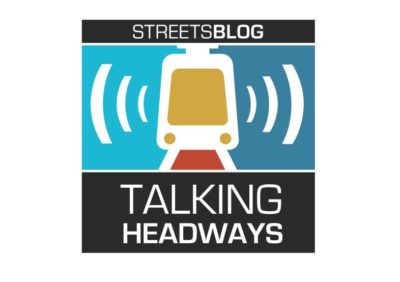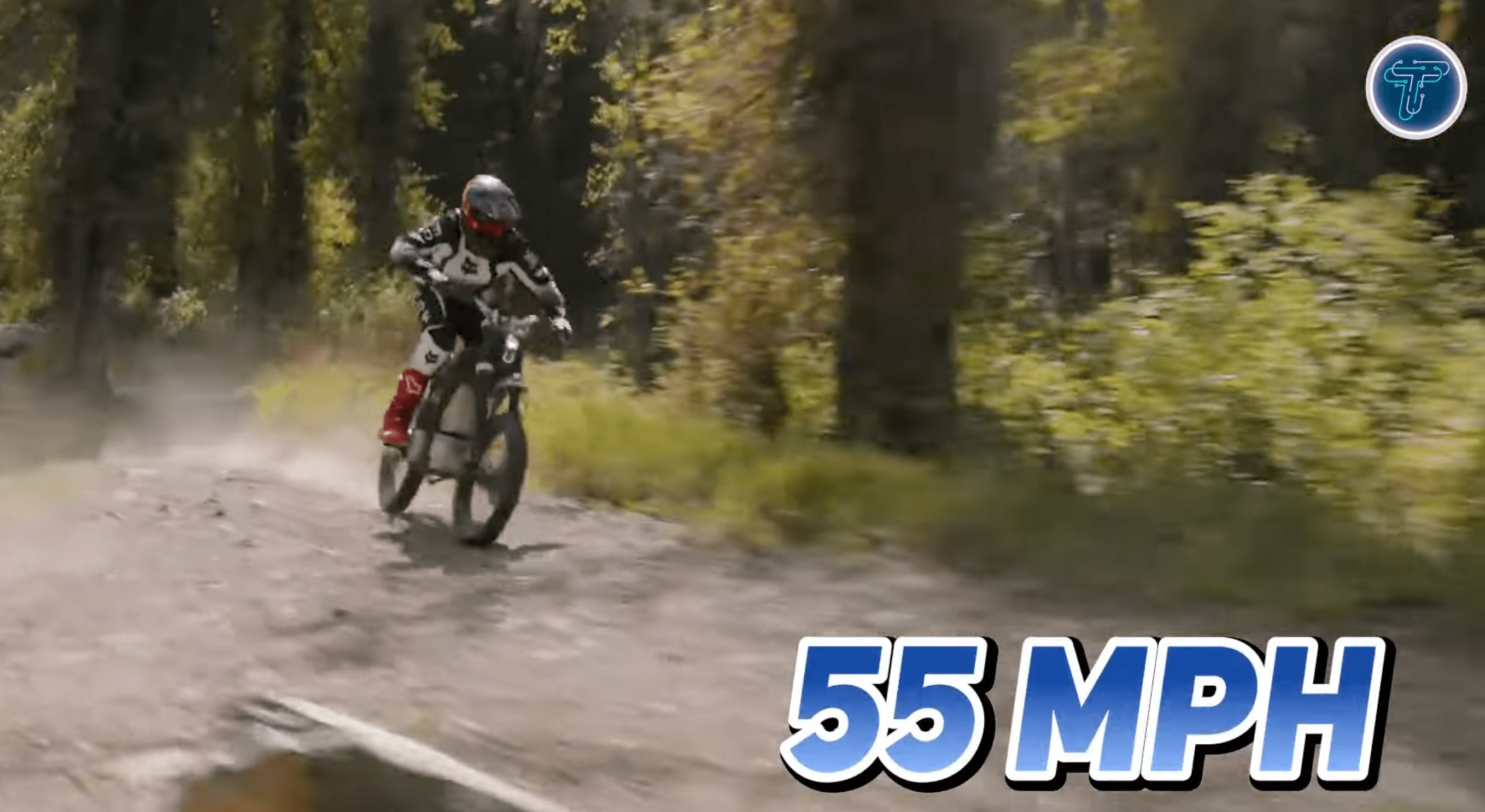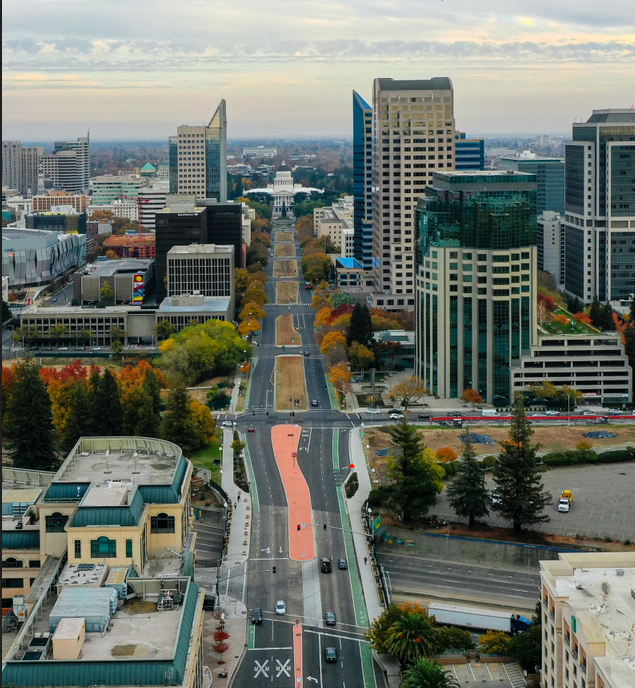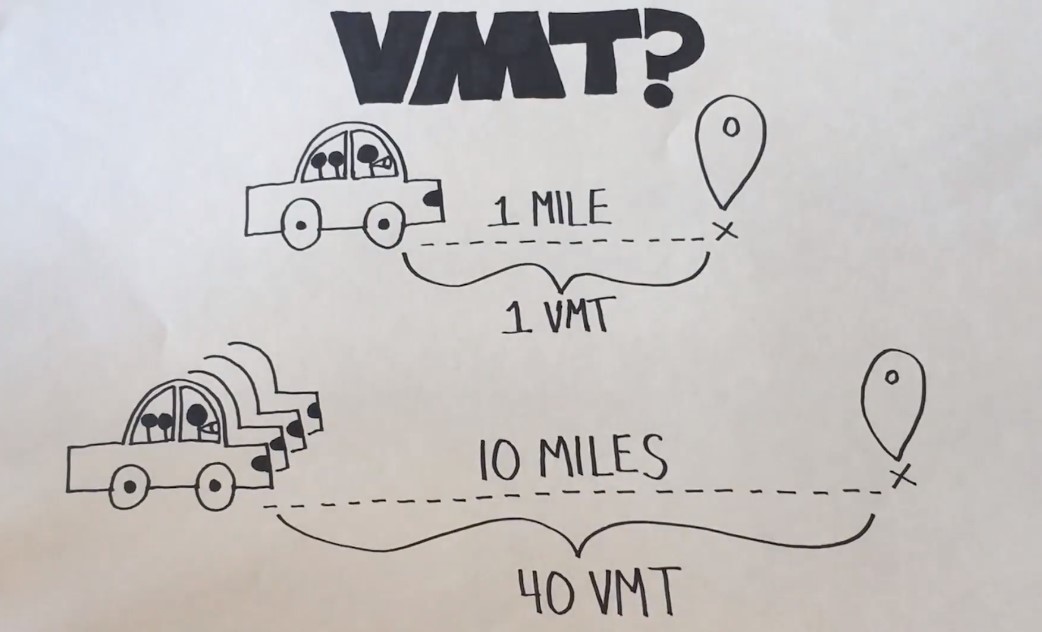This week we're joined by Kelcie Ralph, Nick Klein, and Calvin Thigpen, who talk about their recent paper "Political Partisanship and Transportation Reform" written with Anne Brown in the Journal of the American Planning Association. We chat about why they wrote the paper, what they found out about partisanship and transportation policy, and why actors across the political spectrum have little understanding of induced demand.
For those of you who get your news through your eyes and not your ears, there’s an edited transcript below the audio player. If you want a full, unedited transcript (with some typos!), click here. If you want to listen, here you go:
Jeff Wood: Well, I wanted to chat with you all about your article in the Journal of the American Planning Association with co-author Anne Brown. When did you all first start thinking about this topic?
Nick Klein: This is a great story. We’ve talked about this a lot lately, and I think we have different views about the origins of the story. I know Kelcie and I have different ideas. Anne and Calvin and I had worked on research on scooter parking. One of the things that we were really interested in was working together and bringing Kelcie on board to do work with us, right? So this was personality driven. We were like, how can we make our dream team even dreamier? The other thing we were interested in was also this idea of perception. So in scooter parking, I don’t think it’s going to become a surprise to you or any of the listeners that the public and policymakers have a perception of the problem of scooter parking that we think is very different from what is actually happening on the ground.
We were wanting to do work in general about perceptions around policies. We spent a while, Anne, Calvin, Kelsey and I, meeting regularly and talking about where would it be a good fit or where could we take these questions around policies and what direction, where could we take them? There was a lot of us meeting and talking and coming up with ideas and reading and stuff, coming back and reading it coming back. There were a couple of influential insights we took, angles we took, I think Kelcie had one book that was really influential for her thinking about this concept. She brought that into the work we were doing.
Kelcie Ralph: We started from the very beginning, because you can tell by the way that we labeled our folders for our research team, that this was going to be a story of misperceptions and building on the misperception about parking, scooter parking. In preparing, we were reading lots of reading like Nick mentioned, and I read this book "Uninformed" by Arthur Lupia. Basically, his premise is we tend to think that people who disagree with us do so because they’re ignorant. Instead, he suggests that we really need to focus on their foundational values. In what ways do they disagree with us about meaning, not about facts.
We really were intentional about pulling that into our survey design, but then at the same time COVID was happening and we could see so clearly a different set of facts being the ground rules for what was happening in discussions about COVID. So we knew we needed factual information is in our survey as well. That really, I think, shaped where we went.
Nick Klein: I think we were also really influenced by work by political scientists Clayton Nall, work by Yonah Freemark and work from Data for Progress and TransitCenter. All three had keyed onto these differences across political partisanship when it comes to transport policy. These questions about perceptions, this idea about the book that Kelcie mentioned and these other transportation and political science literature.
Calvin Thigpen: The only thing I’d add on to that summary is I think Kelcie and I both were also inspired by the survey experiment. I think it’s Rawlsian, if I’m getting my reference correct, that asked people, you know, what do you think the distribution of income is across five income quintiles? What do you think it should be? Then it’s revealed to them at the end what it actually is. People think that our society should be much more equitable. They think it’s somewhat more inequitable, but in fact it’s way more extremely inequitable than most people think. That was another piece that inspired us as well.






